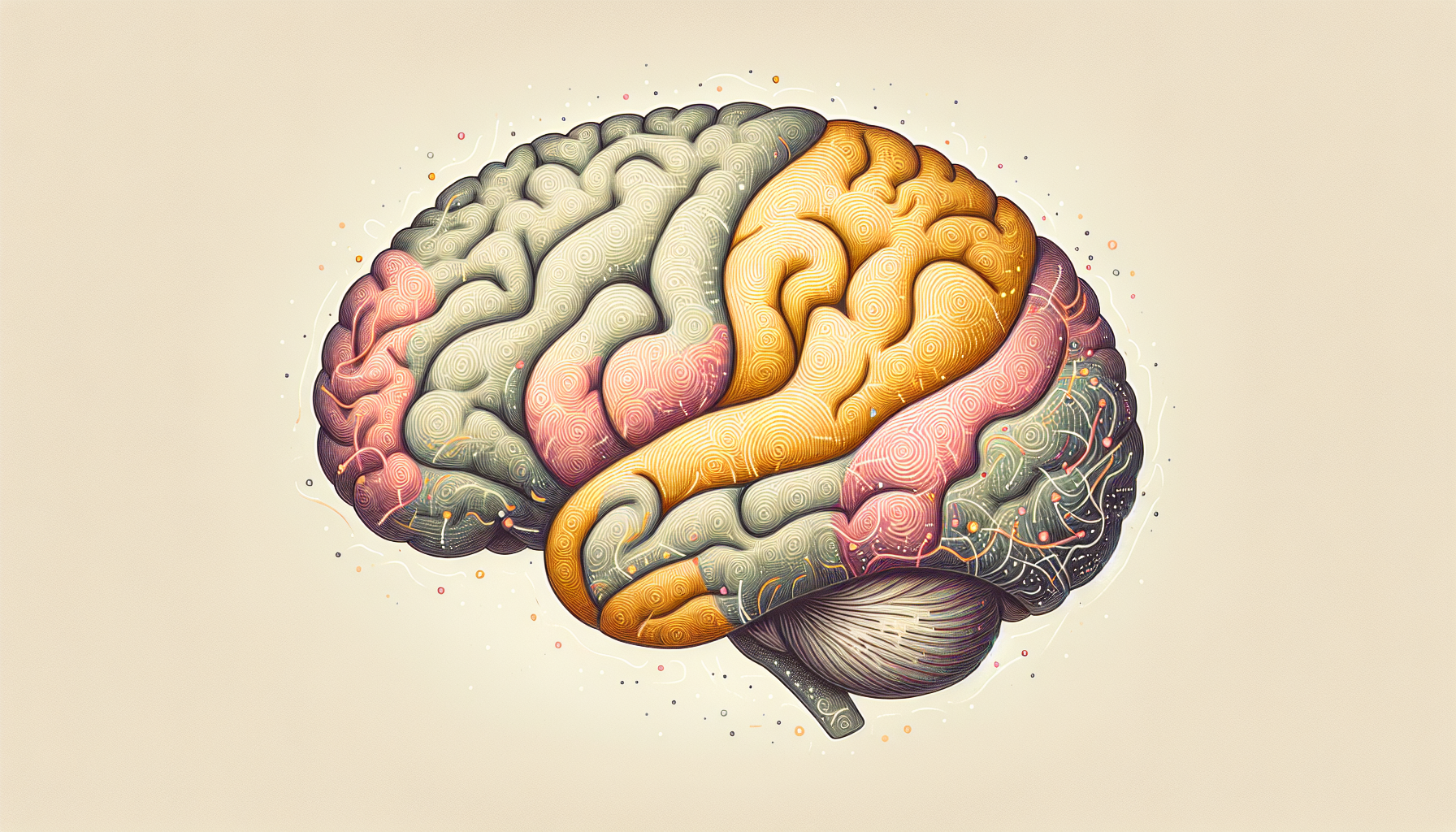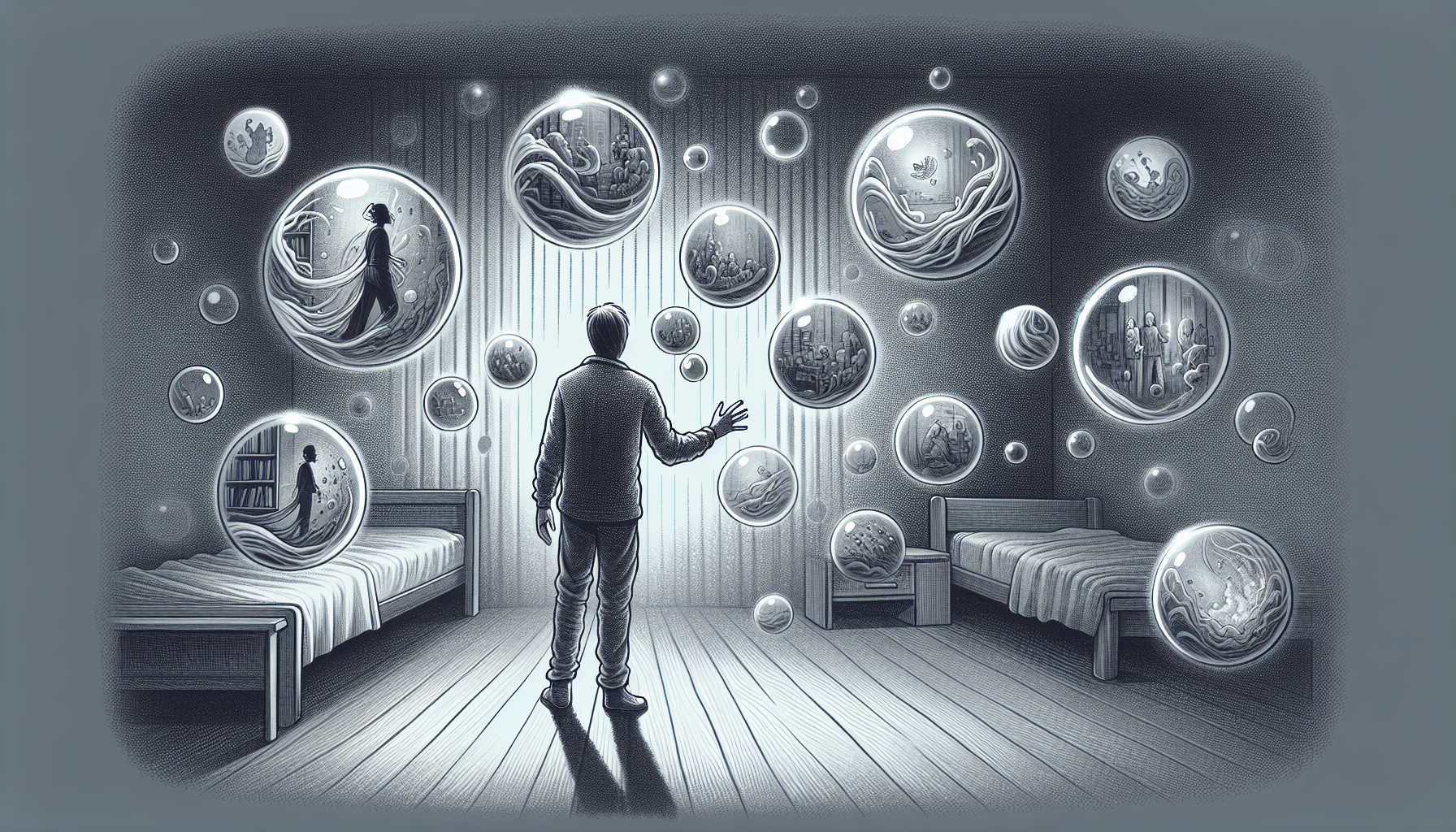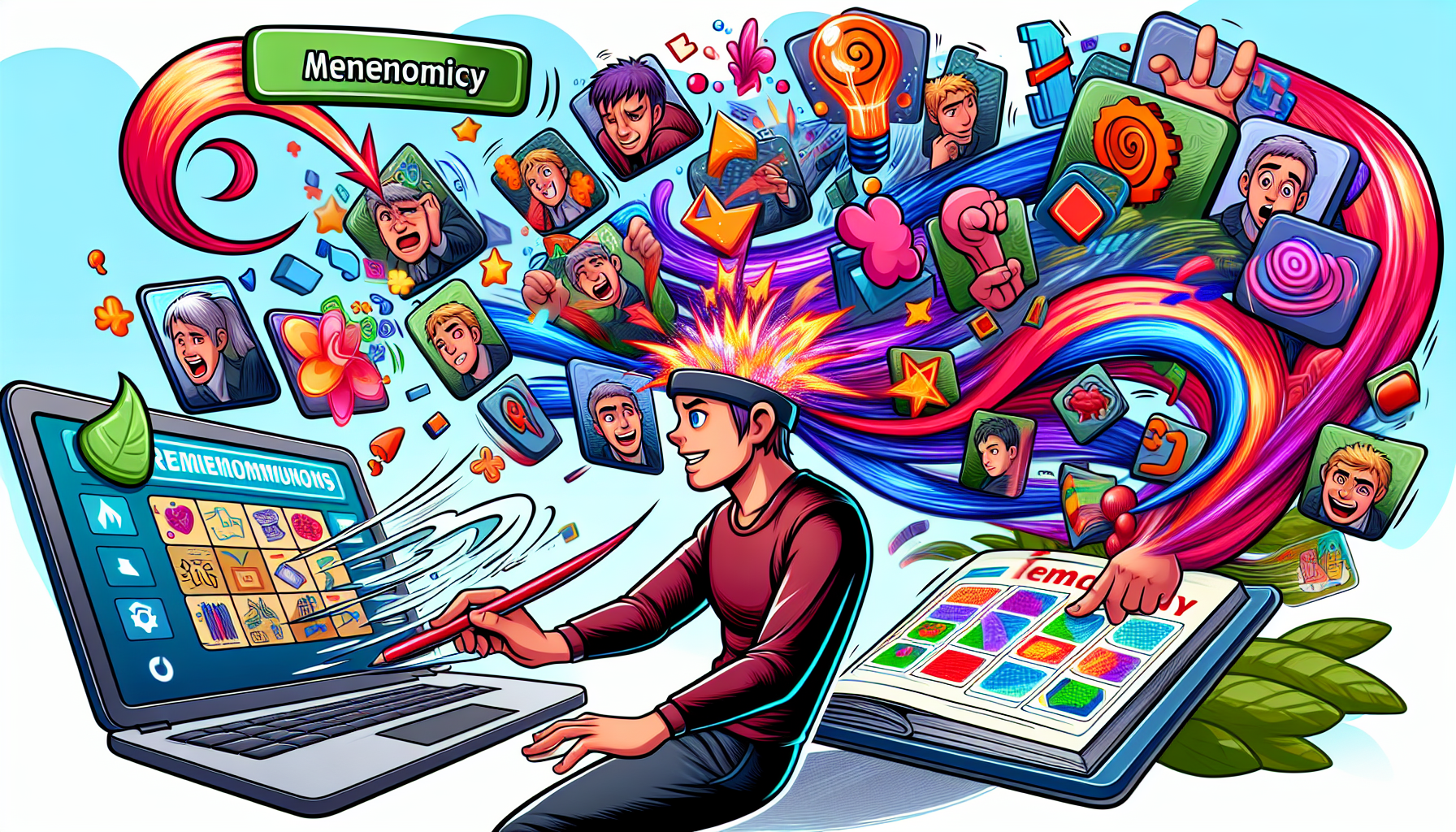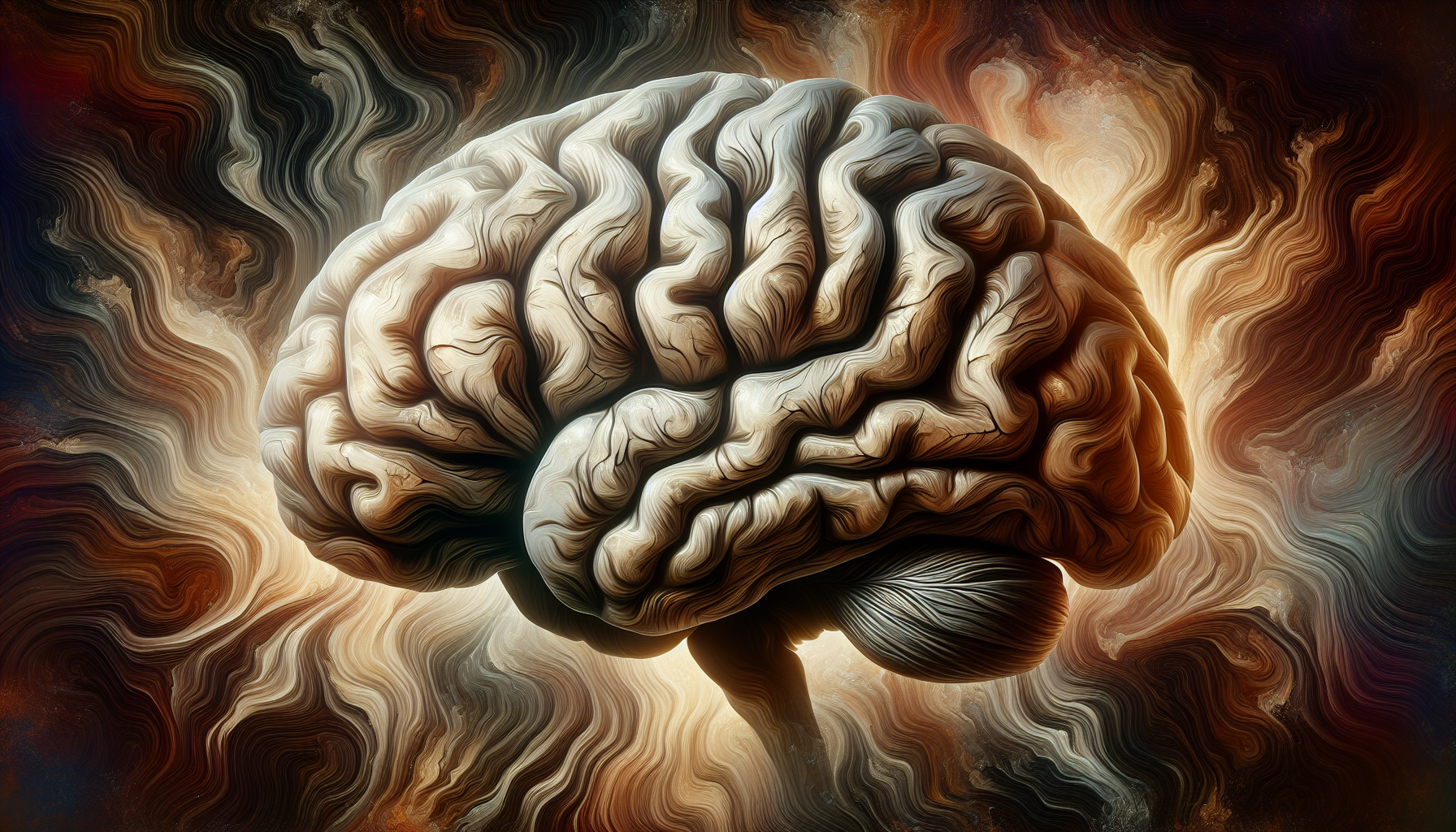Memory issues and C-PTSD are a debilitating aspect that distort past traumas and disrupt daily life. This article breaks down why these memory problems occur and offers practical strategies for coping with the cognitive fallout of complex trauma. Whether you’re faced with fragmented memories or struggling with day-to-day recall, understanding the nuances of C-PTSD’s impact on memory is the first step toward reclaiming a sense of control.
Key Takeaways
- C-PTSD affects memory by inhibiting the hippocampus and impairing executive functions, leading to both fragmented memories and difficulties in encoding and retrieving traumatic events.
- Memory loss in C-PTSD can lead to significant issues in personal identity and daily functioning, causing autobiographical memory gaps, and difficulties with working memory and recent events recall.
- Managing C-PTSD memory issues involves a combination of strategies including good sleep hygiene, mindfulness, professional treatments like trauma-focused therapies, cognitive training, and lifestyle choices that promote brain health.
The Connection Between C-PTSD and Memory Issues
Picture your memory as an intricate web, with each strand representing a different piece of information. Now, imagine a storm – a traumatic event – shaking this web, causing some strands to break and disappear. This is a simplified depiction of what happens to memory in the wake of C-PTSD. A disorder resulting from ongoing trauma, C-PTSD impacts both long-term and short-term memory, sometimes causing vivid flashbacks or making it difficult to recall traumatic events, leading to challenges with short-term memory loss.
The body’s stress response in individuals with C-PTSD often involves high levels of stress hormones like cortisol, which can inhibit the hippocampus, a region in the brain crucial for memory formation, and impair the ability to form new memories. Additionally, PTSD can affect executive functions, which are vital cognitive skills for managing and executing daily tasks, thus influencing a person’s daily memory handling.
Fragmented and Dissociative Memories
Our memories are the building blocks of our identity, each one contributing a piece to the puzzle of who we are. But what happens when these pieces are fragmented or disjointed? Often, individuals with C-PTSD struggle with memories of traumatic events that feel fragmented or disjointed. This can make it difficult for them to process and make sense of their experiences. This can result in memory gaps, forgetfulness for specific events, or a feeling of separation from one’s own memories, akin to watching a movie of someone else’s life.
These memory disturbances can wreak havoc on a person’s sense of self. Fragmented or dissociative memories and disrupted attention can damage self-esteem and identity, lead to safety risks, and cause emotional distress. Imagine not being able to trust your own memories or feeling disconnected from your past. The impact of such memory issues extends beyond mere forgetfulness, affecting a person’s very sense of self and their affect memory, often seen in cases of mental disorders.
Altered Memory Encoding and Retrieval
Not all memories are created equal. The process of creating a memory involves encoding information and then retrieving it when needed. However, trauma can impair these normal functions of the memory system, hindering the brain’s ability to effectively encode and retrieve traumatic memories, particularly during highly emotional events.
C-PTSD can result in disruptions to memory processes due to symptoms like flashbacks or vivid intrusive memories of traumatic events that impair the recall of unrelated information. As a coping mechanism, individuals with C-PTSD may resort to avoidance behaviors to suppress or avoid painful memories and their related triggers.
This interplay between avoidance, traumatic memory recall, and everyday memory function can significantly affect an individual’s sense of self and orientation, posing challenges to the effectiveness of therapeutic treatments for C-PTSD.
Attention and Concentration Challenges
Just as a spotlight illuminates a specific area on a stage, our attention allows us to focus on specific information at a given moment, aiding in memory formation. However, C-PTSD can throw a wrench into this process by influencing cognitive functions, including the ability to concentrate and pay attention. This can lead to impairments in working memory, causing temporary challenges with focus and remembering information.
These cognitive difficulties can lead to memory and attention problems that can affect various aspects of daily life, such as remembering appointments or tasks at work. However, practicing focused attention on one task at a time can aid in combating these learning and memory difficulties in C-PTSD.
Identifying Signs of Memory Loss in C-PTSD
Recognizing the signs of memory loss in C-PTSD is a crucial step towards managing the condition. Individuals with C-PTSD may face challenges in moving memories from short-term to long-term storage, leading to difficulties in retaining new information. Moreover, anxiety and depression, which often accompany C-PTSD, can interfere with the proper encoding of new information into memory, further exacerbating recall issues.
More worrisomely, individuals with C-PTSD may struggle to recall key personal information, such as their own address or phone number. They may also exhibit memory loss regarding significant experiences from their lives, including memorable life events or relationships. Dissociative symptoms are common in C-PTSD, leading to disruptions in memory functioning and causing gaps or forgetfulness in everyday experiences. Such memory loss can create challenges for therapeutic processes that rely on processing these memories.
Autobiographical Memory Gaps
The autobiographical memory is our personal history book, a mental timeline of our life’s events. But what happens when pages from this book are missing? C-PTSD can lead to difficulties in recalling personal life events, such as key life events, milestones, and significant relationships. This results in struggles with recollecting certain personal historical events, creating what are known as autobiographical memory gaps.
These memory issues are part of a spectrum of memory problems observed in C-PTSD, including disrupted memory consolidation. The resulting memory loss can cause a fragmented sense of self, leading to disorientation and a disjointed personal narrative. Imagine trying to piece together a puzzle when some of the pieces are missing. This is the challenge faced by individuals with C-PTSD and autobiographical memory gaps.
Difficulties with Working Memory and Recent Events
While it’s important to remember our past, it’s equally crucial to remember recent events and the tasks at hand. Unfortunately, C-PTSD may cause temporary issues with working memory, affecting the ability to retain and manipulate information in the near term. This can manifest as challenges in remembering recent events, discussions, or aspects of daily routines, potentially leading to memory gaps for recent occurrences.
Imagine forgetting an important work meeting, or not remembering a conversation you had just a few hours ago. These are the types of challenges faced by those with C-PTSD.
Dangers and Consequences of Memory Loss in C-PTSD
Beyond its immediate effects, memory loss in C-PTSD can have far-reaching consequences. It can lead to disrupted daily functioning, increased stress and dissatisfaction, and even safety risks, such as neglecting important precautions. Recalling and processing traumatic events is a core component of healing in therapy for C-PTSD, an endeavor hindered by memory loss.
Moreover, memory loss can result in complications within personal relationships for individuals with C-PTSD. It can also lead to long-term mental and physical health complications, as memory loss in the context of C-PTSD may not be completely reversible. The impact of memory loss extends far beyond merely forgetting details; it can affect every facet of a person’s life.
Disorientation and Identity Disruption
Memory loss in C-PTSD can lead to a loss of sense of self and identity, causing a fragmented life narrative, and negatively affecting self-esteem and overall well-being. Trauma-associated memory loss can lead to a fractured sense of identity and self, causing disorientation and a lack of consistency in personal narratives.
Imagine waking up every day and feeling like you’re lost in your own life, or feeling like your life story is filled with missing chapters. This is the disorientation and identity disruption that individuals with C-PTSD may experience due to memory loss.
Impact on Treatment and Recovery
The challenges posed by memory issues in C-PTSD extend to the realm of therapy and recovery. Memory issues can directly affect the therapeutic process by creating barriers to effectively addressing PTSD symptoms. These challenges in therapy may include:
- Difficulty in recalling traumatic events accurately
- Issues with consistency in therapy sessions
- Trouble in applying coping mechanisms due to impaired memory
Therefore, acknowledging and tackling memory-related difficulties is crucial for enhancing the healing journey and achieving better recovery outcomes in individuals with C-PTSD.
Strategies for Managing Memory Issues in C-PTSD
While understanding the impact of C-PTSD on memory is crucial, it is equally important to explore strategies for managing these memory issues. Here are some strategies that can help individuals with C-PTSD improve their memory function:
- Prioritize good sleep hygiene, as sleep is essential for memory consolidation and processing.
- Engage in mindfulness practices to improve focus and attention, which can enhance memory function.
- Regular physical exercise has been shown to improve memory and cognitive function.
- Consider cognitive training practices, such as memory exercises and puzzles, to enhance memory function.
By implementing these strategies, individuals with C-PTSD can work towards improving their memory function.
Utilizing memory aids can also accommodate individuals experiencing C-PTSD by helping them manage their memory difficulties more effectively. These include tools and techniques that can help individuals organize their thoughts, remember important information, and cope with the daily challenges of memory loss.
Professional Treatment Options
When it comes to managing C-PTSD and its effects on memory, professional treatment options play a pivotal role. Trauma-focused therapy approaches, such as cognitive-behavioral therapy (CBT), dialectical behavior therapy (DBT), and eye movement desensitization and reprocessing (EMDR), are essential for addressing the effects of complex PTSD on memory. These approaches can help individuals process traumatic experiences and improve their mental well-being..
Treatment for C-PTSD often also includes medication therapy as a complement to psychotherapeutic interventions. There are also other reintegration interventions such as yoga, exercise, service dogs, and self-defence training, which have been identified, yet more research is necessary to establish their effectiveness in C-PTSD treatment.
Ultimately, the successful treatment of posttraumatic stress disorder might not only alleviate symptoms but also lead to improvements in learning difficulties and various other life domains.
Memory Aids and Techniques
Alongside professional treatment, memory aids and techniques can significantly assist individuals with C-PTSD in daily functioning. Utilizing mnemonics and engaging with online memory tools can enhance learning, memory, and attention.
Service dogs can also play a role in enhancing memory through increased social interactions and reduced feelings of isolation, especially for veterans with C-PTSD. These aids and techniques can act as a bridge, helping individuals navigate the challenges of memory loss in C-PTSD and improving their quality of life.
The Role of Brain Health in C-PTSD and Memory Loss
Our brain is the command center of our body, and its health directly impacts our cognitive functions, including memory. Chronic stress and trauma, common in C-PTSD, can negatively affect brain regions like the hippocampus and prefrontal cortex, leading to difficulties in memory consolidation and retrieval.
Stress Response and Memory Impairment
Chronic stress related to C-PTSD leads to the overproduction of stress hormones such as cortisol and adrenaline. These hormones can negatively impact memory function, contributing to the memory challenges faced by individuals with C-PTSD. Moreover, the overproduction of stress hormones can also contribute to broader health impairments beyond memory issues.
The relationship between the body’s stress response and memory impairment is evidenced by the adverse effects of these stress hormones in individuals with C-PTSD.
Promoting Brain Health through Lifestyle Choices
Besides professional treatment and memory aids, lifestyle choices can also play a significant role in managing C-PTSD symptoms and improving memory function. Dietary choices, including regular intake of essential nutrients such as vitamins, minerals, Omega-3 fatty acids, and adequate fiber, are vital in supporting brain health and can help mitigate some C-PTSD symptoms.
Engaging in physical exercise and spending time outdoors are key aspects of managing physical health, which is crucial for improving emotional well-being in C-PTSD. A healthy lifestyle can serve as a strong foundation for managing C-PTSD and its impact on memory.
Research and Developments in C-PTSD and Memory Loss
The world of research is constantly evolving, bringing us closer to understanding the intricate connections between post traumatic stress disorder and memory loss. Recent research in C-PTSD has explored novel psychotherapy approaches to improve treatment outcomes. For example, TFPP, adapted from psychodynamic therapy for panic and anxiety disorders, is being analyzed for its effectiveness in treating C-PTSD.
Even more promisingly, a study conducted by John R. Keefe, PhD aimed to characterize PTSD in an LGBT sample, including trauma survivors, and test a novel psychotherapy’s effects and acceptability.
Advances in Diagnostic Criteria and Detection
The diagnosis of C-PTSD has evolved over time, with the ICD-11 introducing CPTSD as a diagnosis. This includes not only the core symptoms of PTSD but also additional symptoms related to affective, relationship, and self-concept changes. To be diagnosed with CPTSD, an individual must exhibit one symptom from each of six different symptom categories.
Clinical evaluations have found the CPTSD diagnosis to be practically feasible and to possess strong psychodiagnostic value, differentiating effectively from personality disorders with borderline features. Specialized measurement tools have been developed for the assessment of CPTSD, laying the groundwork for further clinical research and validation of the diagnosis in the Diagnostic and Statistical Manual. These advances highlight the importance of early detection of the disorder for effective treatment and management.
Emerging Therapies and Interventions
The future of C-PTSD treatment looks promising, with emerging therapies that incorporate physical exercise aimed at reintegration and improved mental health. For example, Basic Body Awareness Therapy (BBAT) is one such intervention that involves slow guided exercises to enhance body awareness and presence. Dance and Movement Therapy (DMT) is another intervention that relies on movement-based exploration to address reintegration themes in C-PTSD treatment. Both BBAT and DMT focus on the holistic reintegration of individuals dealing with C-PTSD and have shown potential in aiding memory recovery and enhancing overall well-being.
Summary
In conclusion, the interplay between C-PTSD and memory issues is complex and multifaceted, affecting every aspect of an individual’s life. However, with understanding comes power – the power to manage symptoms, seek effective treatment, and navigate the journey towards healing. By understanding the impact of C-PTSD on memory and the strategies available for managing these challenges, individuals with C-PTSD can reclaim control over their memories and, by extension, their lives.
























































